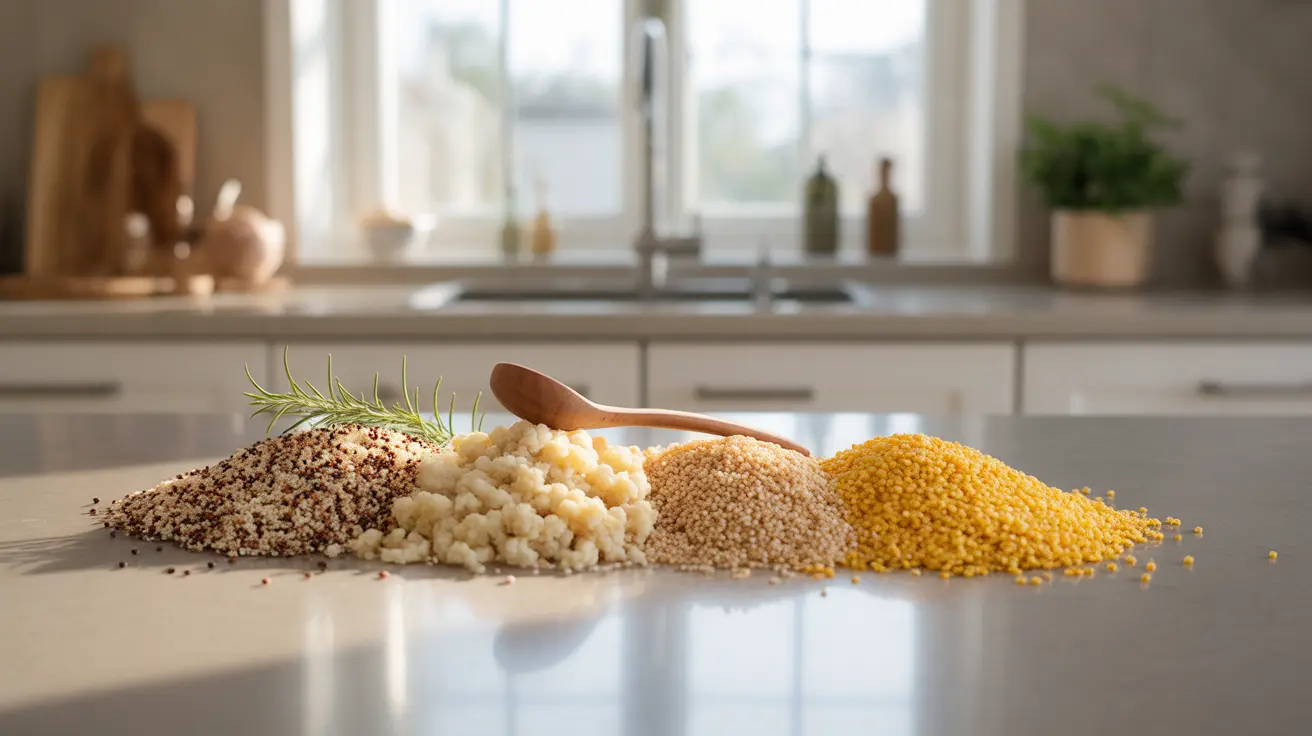For individuals following a gluten-free diet, understanding which foods contain gluten is crucial for maintaining their health and managing symptoms. Couscous, a popular grain-like pasta, is often a source of confusion when it comes to gluten content. This comprehensive guide will help you understand everything you need to know about couscous and gluten.
What is Couscous and Its Gluten Content
Traditional couscous is made from semolina wheat flour, which means it contains significant amounts of gluten protein. The tiny, grain-like particles are actually small pieces of durum wheat pasta, making traditional couscous unsuitable for people with celiac disease, gluten sensitivity, or wheat allergies.
Understanding Gluten Sensitivity and Couscous
When someone with gluten sensitivity or celiac disease consumes regular couscous, their body may react negatively to the gluten proteins. This reaction can trigger an immune response in the small intestine, leading to various uncomfortable symptoms and potential long-term health complications if not addressed.
Common Symptoms of Gluten Reactions
If you're sensitive to gluten and consume regular couscous, you might experience:
- Digestive discomfort and bloating
- Abdominal pain
- Diarrhea or constipation
- Fatigue
- Headaches
- Joint pain
- Skin rashes
Gluten-Free Alternatives to Traditional Couscous
Fortunately, several delicious gluten-free alternatives can provide a similar texture and versatility to traditional couscous:
- Quinoa
- Cauliflower rice
- Millet
- Corn couscous
- Brown rice couscous
- Buckwheat groats
How to Choose and Prepare Gluten-Free Alternatives
When selecting gluten-free couscous alternatives, always check for certified gluten-free labels to ensure there's no cross-contamination during processing. Prepare these alternatives according to package instructions, and remember that cooking times may vary from traditional couscous.
Dining Out Safely with Gluten Sensitivity
When eating at restaurants, it's essential to take extra precautions to ensure your meal is truly gluten-free. Always inform your server about your dietary restrictions and ask specific questions about ingredient sources and preparation methods to avoid cross-contamination.
Frequently Asked Questions
Is traditional couscous gluten free or does it contain gluten?
No, traditional couscous is not gluten-free. It is made from durum wheat semolina and contains significant amounts of gluten, making it unsuitable for people with celiac disease or gluten sensitivity.
What are the best gluten-free alternatives to couscous for people with celiac disease?
The best gluten-free alternatives include quinoa, cauliflower rice, certified gluten-free millet, corn couscous, and brown rice couscous. These options provide similar texture and versatility while being safe for those with celiac disease.
How can I ensure that couscous served in restaurants is safe for a gluten-free diet?
When dining out, always inform your server about your gluten-free requirements, ask about ingredients and preparation methods, and confirm if there are dedicated gluten-free preparation areas to avoid cross-contamination. It's safer to choose certified gluten-free alternatives when available.
Can people with gluten sensitivity safely consume couscous made from non-wheat grains?
Yes, people with gluten sensitivity can safely consume couscous alternatives made from naturally gluten-free grains like corn or rice, provided they are certified gluten-free and processed in facilities that prevent cross-contamination.
What are the common symptoms of gluten intolerance triggered by eating regular couscous?
Common symptoms of gluten intolerance after consuming regular couscous include digestive issues (bloating, abdominal pain, diarrhea), fatigue, headaches, joint pain, and skin rashes. The severity and combination of symptoms can vary among individuals.




